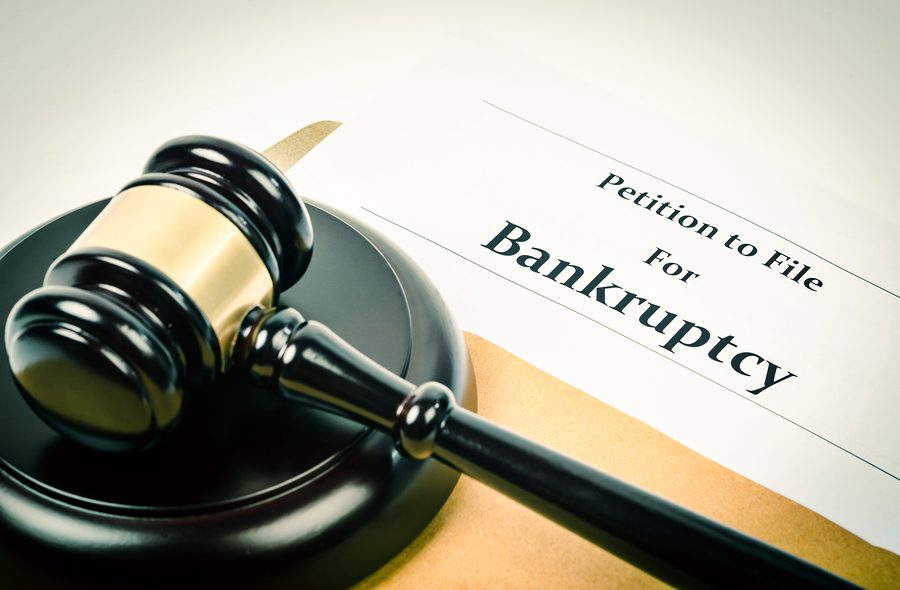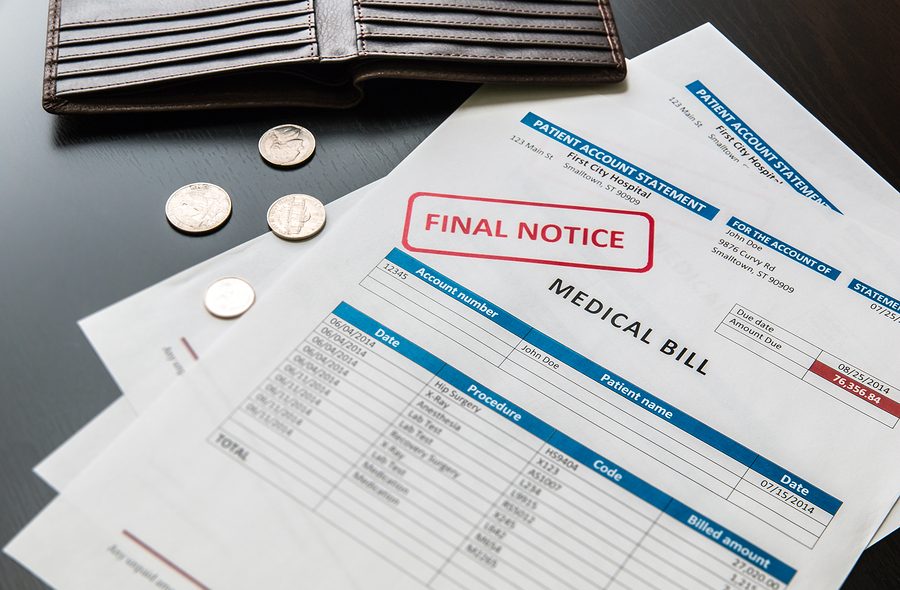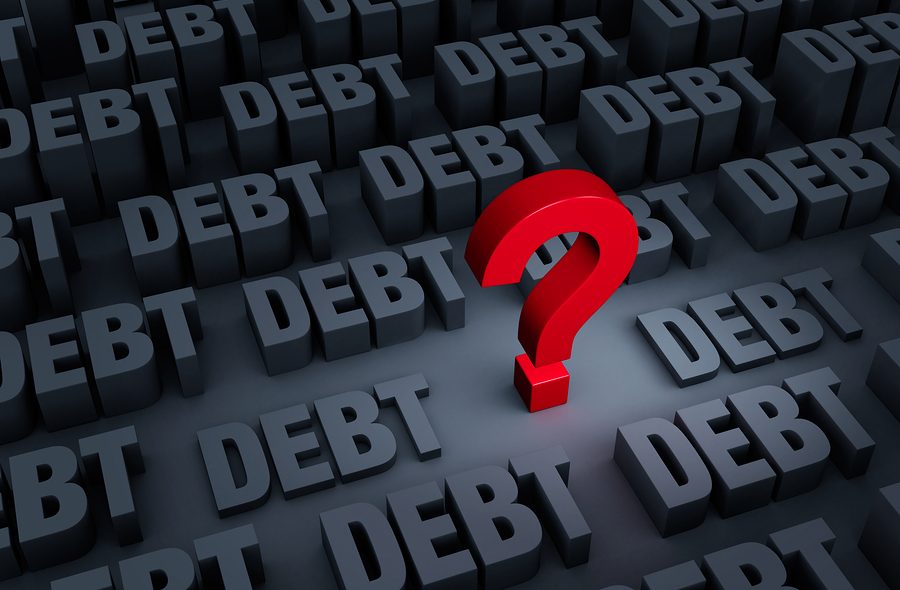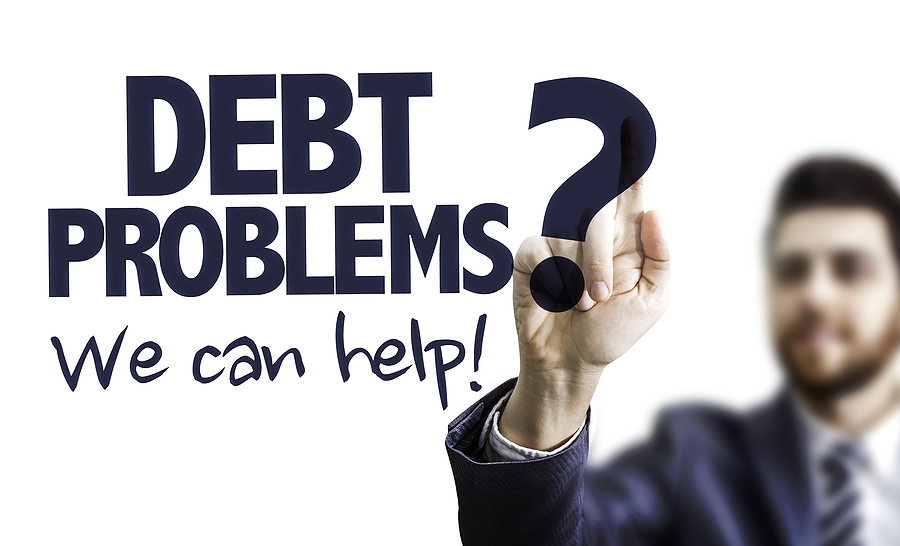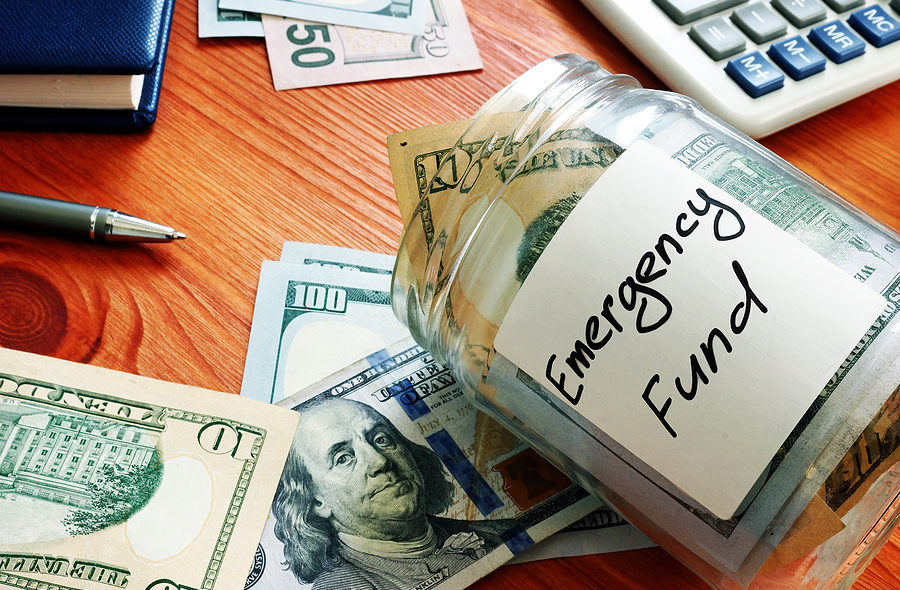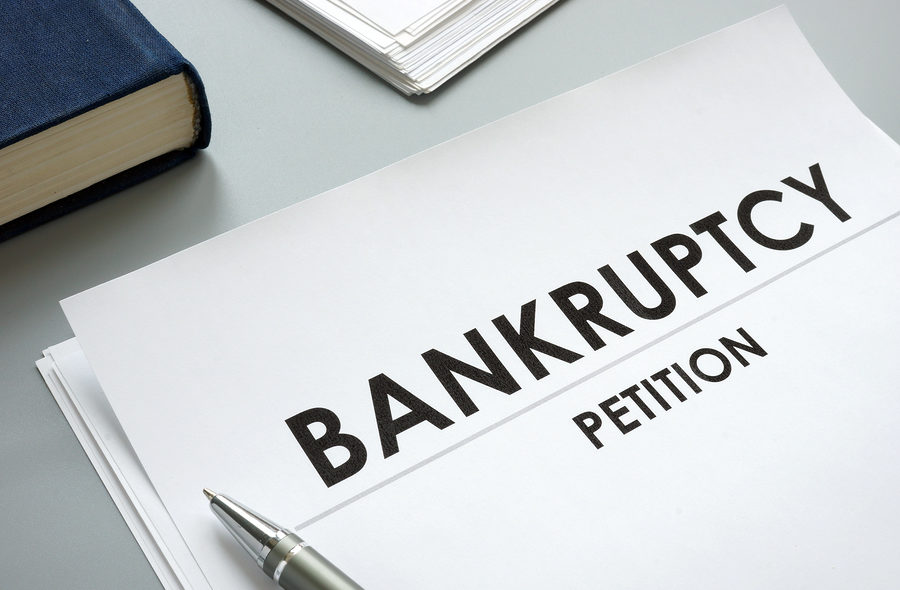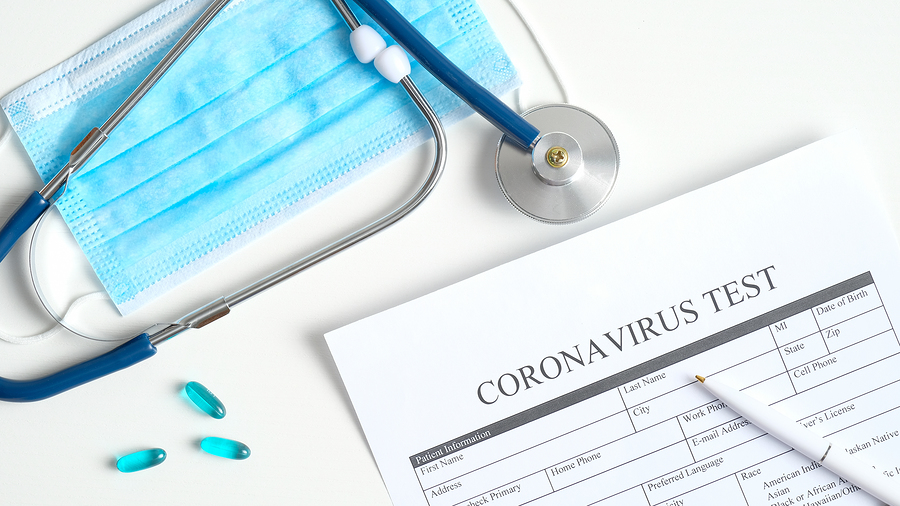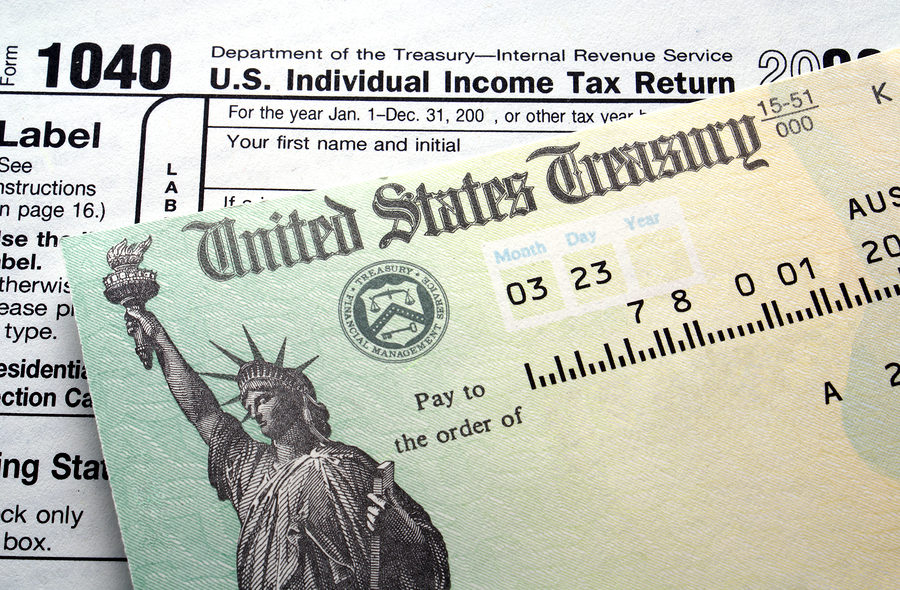The bankruptcy process is meant to give consumers who are struggling financially a fresh start. However, many consumers hold off due to the fear of filing for bankruptcy, even if it is the best option. Bankruptcy cases have both positive aspects, as well as negative ones, that go along with beginning and successfully finalizing a case. It is important to understand how a bankruptcy case works before moving forward with filing so that the person filing knows what to expect.
Automatic Stay
One of the most positive aspects of proceeding with a consumer bankruptcy case is the automatic stay that accompanies the filing. As soon as a Chapter 7 or Chapter 13 bankruptcy case is initiated, an automatic stay of all collection efforts against the filer is issued. What this means is the consumer’s creditors are temporarily blocked from moving forward on collecting any outstanding debt. This stay also stops wage garnishments, foreclosures, or completion of legal collections cases. The purpose of the automatic stay is to give the consumer a chance to work with the bankruptcy trustee on determining how various debts should be handled. A creditor can file a request to continue collection even though an automatic stay has been issued, but they can only continue if the request is granted.

